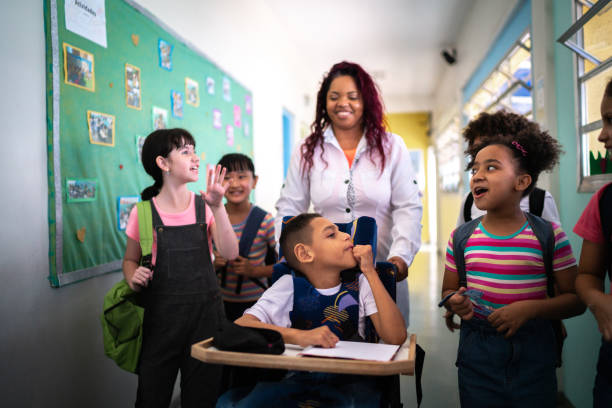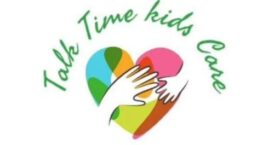Special education refers to educational programs and services designed to meet the unique learning needs of students with disabilities or exceptionalities. These students may require specialized instruction, accommodations, and supports to access the curriculum and participate fully in educational activities. Special education encompasses a wide range of disabilities, including learning disabilities, intellectual disabilities, physical disabilities, sensory impairments, and emotional or behavioral disorders. The goal of special education is to ensure that all students receive an appropriate education that prepares them for further education, employment, and independent living.

Special education programs are individualized based on each student’s specific needs, as outlined in their Individualized Education Program (IEP) or 504 plan. These plans are developed collaboratively by educators, parents, and specialists, and they outline goals, accommodations, and services tailored to the student’s strengths and challenges. Special education teachers and related service providers, such as speech therapists, occupational therapists, and counselors, work together to support students in achieving academic and developmental milestones. Beyond academics, special education emphasizes promoting social skills, self-advocacy, and inclusion within school communities, fostering a supportive environment where every student can thrive and reach their full potential.
